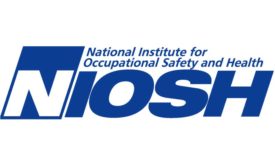News
Campbell Institute recognizes innovation in the workplace
Cummins Components Filtration and Deb Group Honored in 2016 Innovation Challenge
February 26, 2016
Never miss the latest news and trends driving the safety industry
eNewsletter | Website | eMagazine
JOIN TODAYCopyright ©2024. All Rights Reserved BNP Media.
Design, CMS, Hosting & Web Development :: ePublishing








